Showing 1–12 of 14 results
-

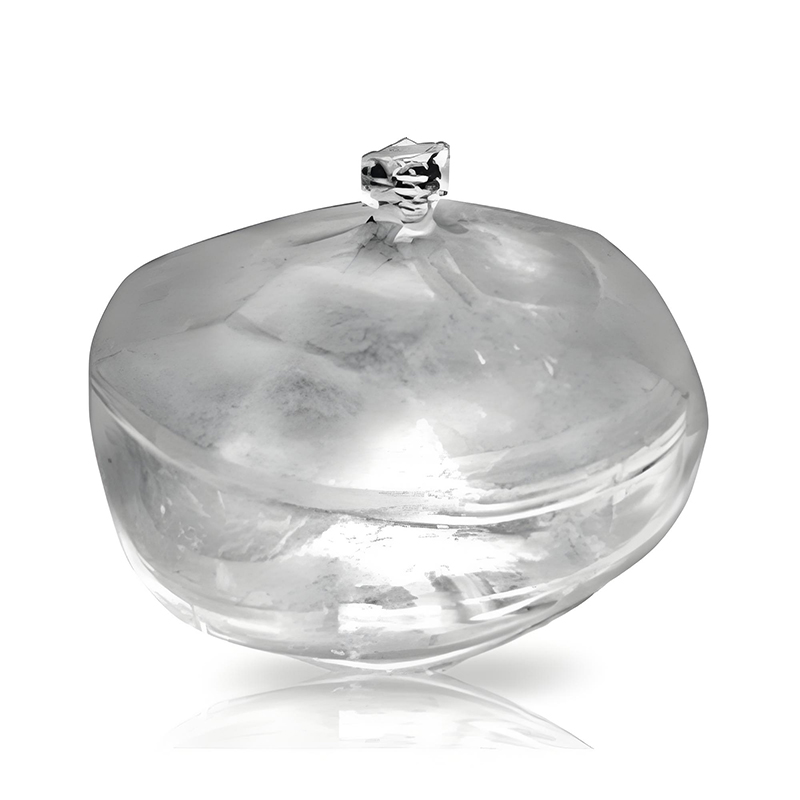
- Broad Transparency Window: 189 nm to 3500 nm, covering UV, visible, and near-IR
- Wide Phase-Matching Range: Supports multiple nonlinear optical processes
- High Damage Threshold: ~1 GW/cm² for 1064 nm, 10 ns pulses
- High Nonlinear Coefficients: Ensures efficient frequency conversion
- Low Birefringence Walk-Off: Enhances conversion efficiency
- Excellent Thermal and Mechanical Stability: Reliable under high-power laser operations
- Chemical Stability: Resistant to atmospheric moisture under normal use
- Customizable Phase Matching: Optimized for specific laser wavelengths and conversion processes
-
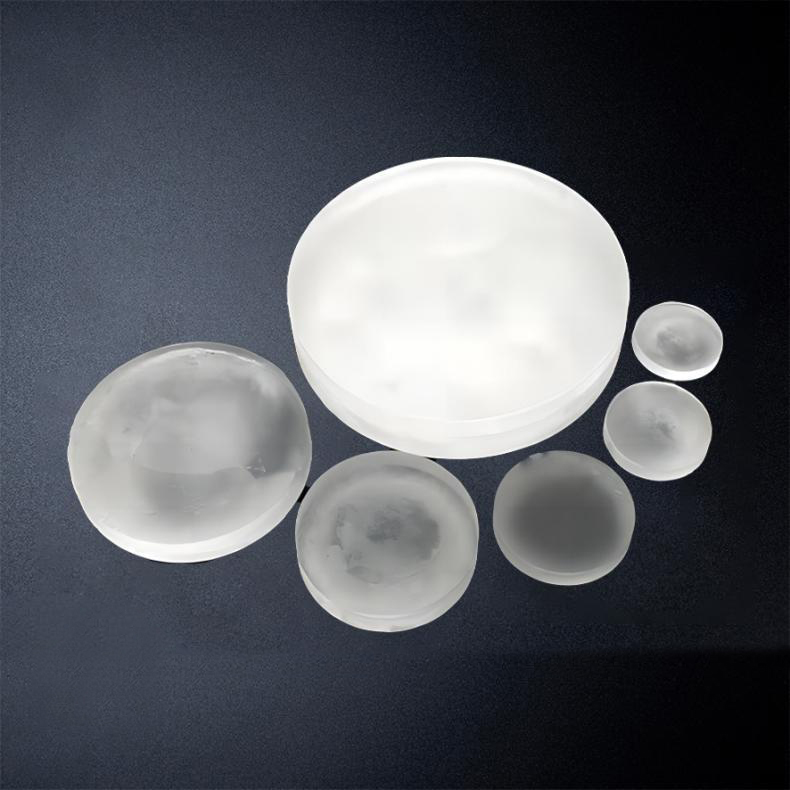
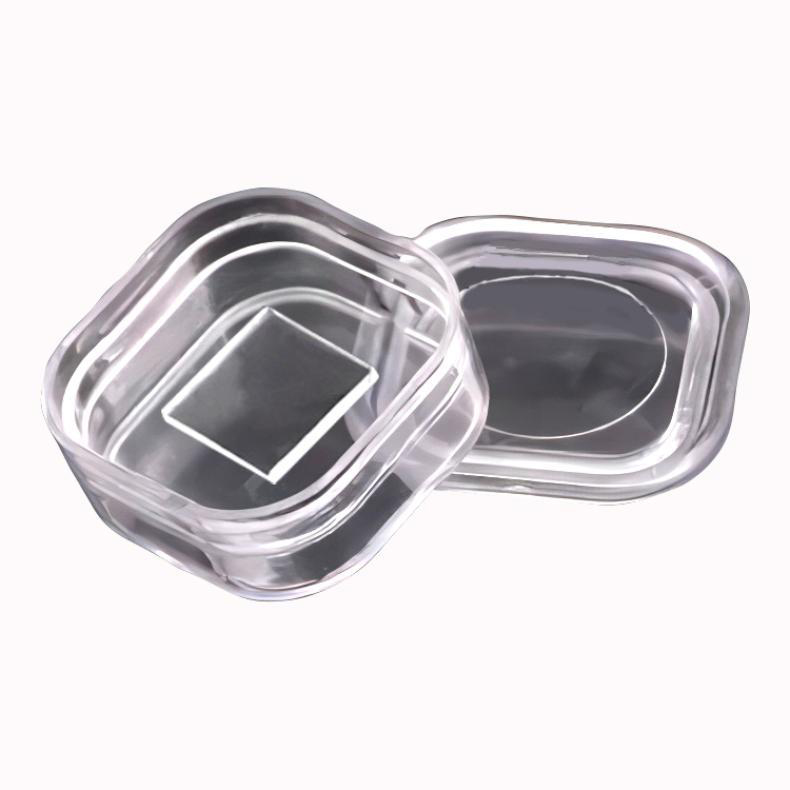
- Wide Transmission Range (125 nm–10 μm): Ideal for deep UV, visible, and IR applications.
- Low Refractive Index: Reduces need for anti-reflective coatings.
- Minimal Birefringence: Suitable for precision optical systems.
- High Laser Damage Threshold: Critical for high-power laser optics.
- Excellent Chemical Inertness: Resistant to water, many acids, and most solvents.
- Thermal and Mechanical Stability: Supports use in demanding environments.
- Low Absorption in UV and IR: Maximizes optical throughput.
- Compatibility with Epitaxial Growth: Suitable for specialized semiconductor processes (e.g., GaN on CaF₂ substrates).
- Low Scattering and High Surface Quality: Essential for high-resolution optical systems.
-
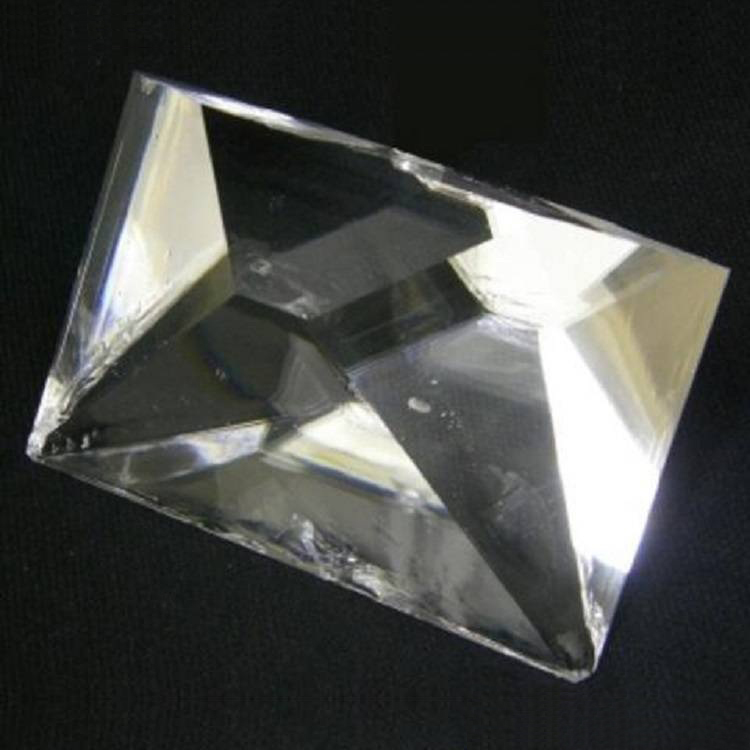
- Excellent UV Transmission down to 180 nm
- High Nonlinear Coefficient for efficient frequency conversion
- Wide Phase-Matching Range for SHG, THG, and OPO applications
- High Laser Damage Threshold (> 2 GW/cm²)
- Low Absorption in UV and Visible Range
- Suitable for High-Average-Power Lasers
- Large Aperture Crystal Growth up to 20 × 20 mm available
- Ideal for Deep-UV Generation (<200 nm)
-
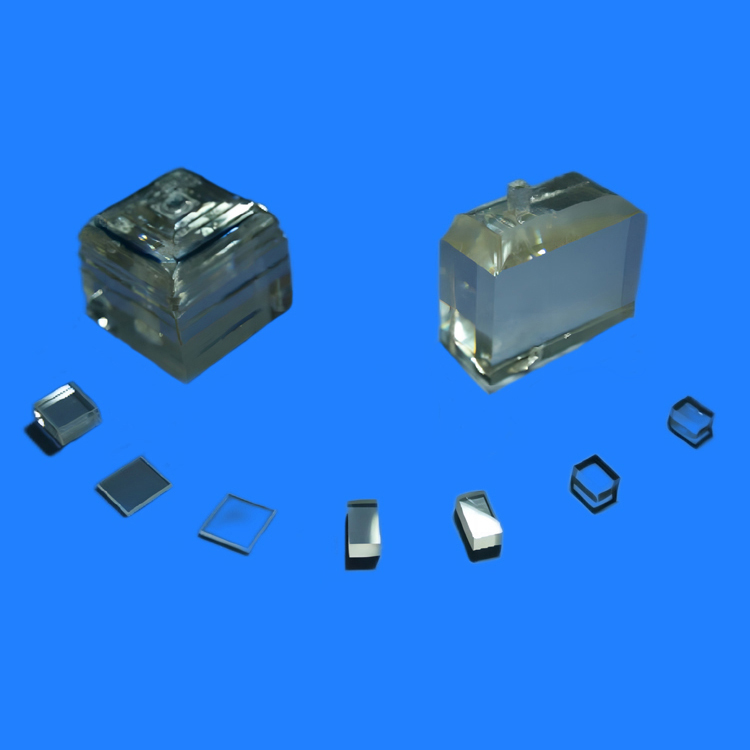
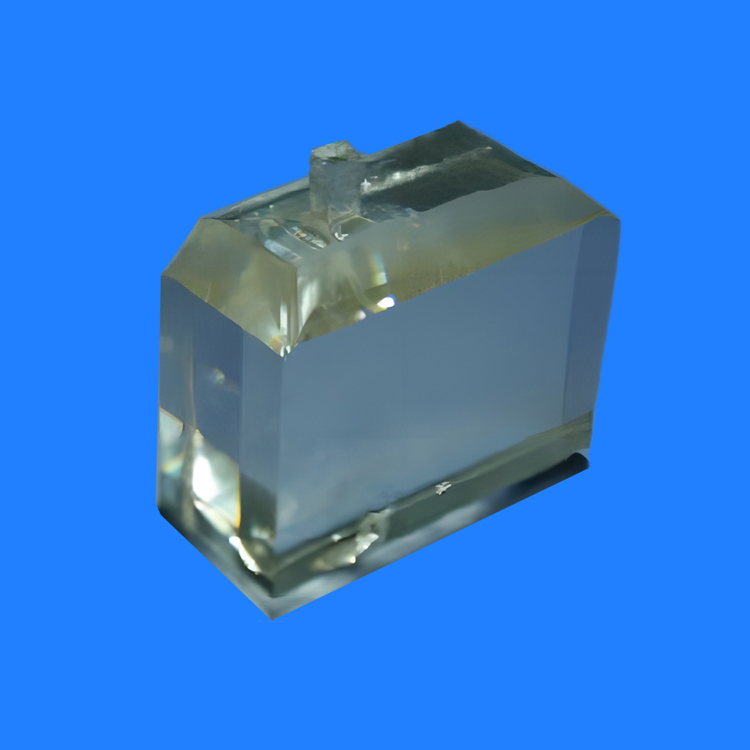
$1,285.00
- Single crystal KTN with composition KTa₀.₅Nb₀.₅O₃
- <001> crystallographic orientation for optimal electro-optic performance
- Size: 10 × 10 × 0.5 mm
- High electro-optic coefficient (r33 ≈ 30–50 pm/V)
- Strong photorefractive effect
- Excellent dielectric tunability
- Wide optical transparency (~350 nm – 5500 nm)
- Low defect density and high optical uniformity
-
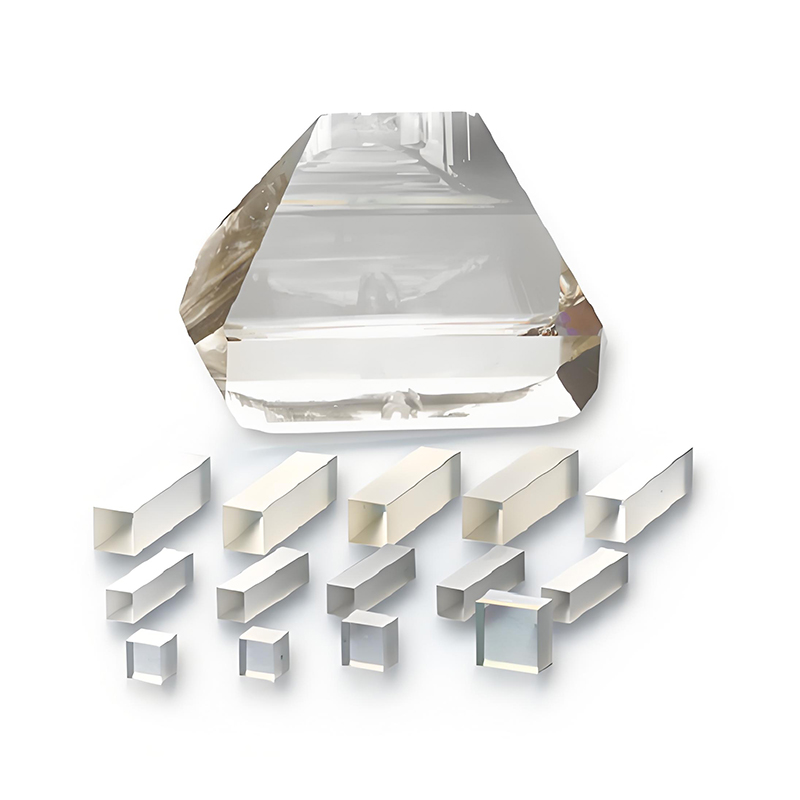
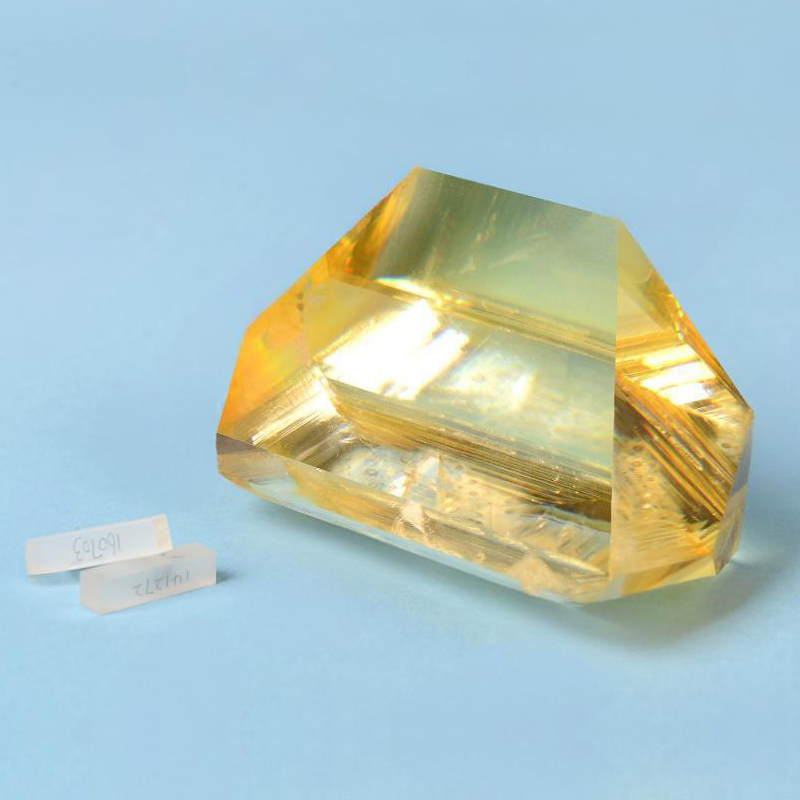
- High Nonlinear Optical Coefficient: ~15 times that of KDP crystals.
- Broad Transparency Range: 350 nm to 4500 nm.
- High Damage Threshold: >500 MW/cm² for nanosecond pulses.
- Excellent Electro-optic Properties: Suitable for Q-switching and Pockels cells.
- Large Angular Acceptance and Low Walk-off Angle: Easier beam alignment and higher conversion efficiency.
- Stable Physical and Chemical Properties: High mechanical strength and environmental stability.
-
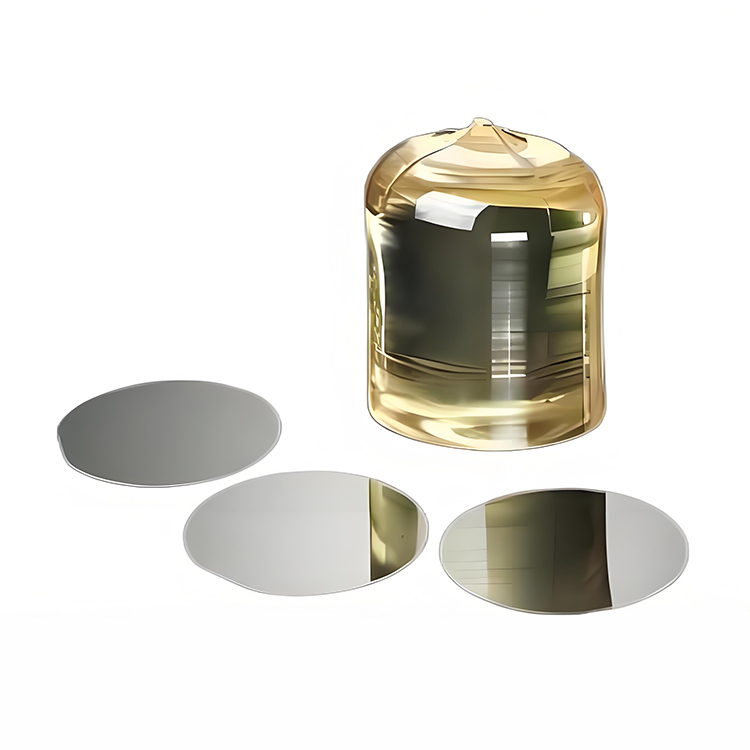
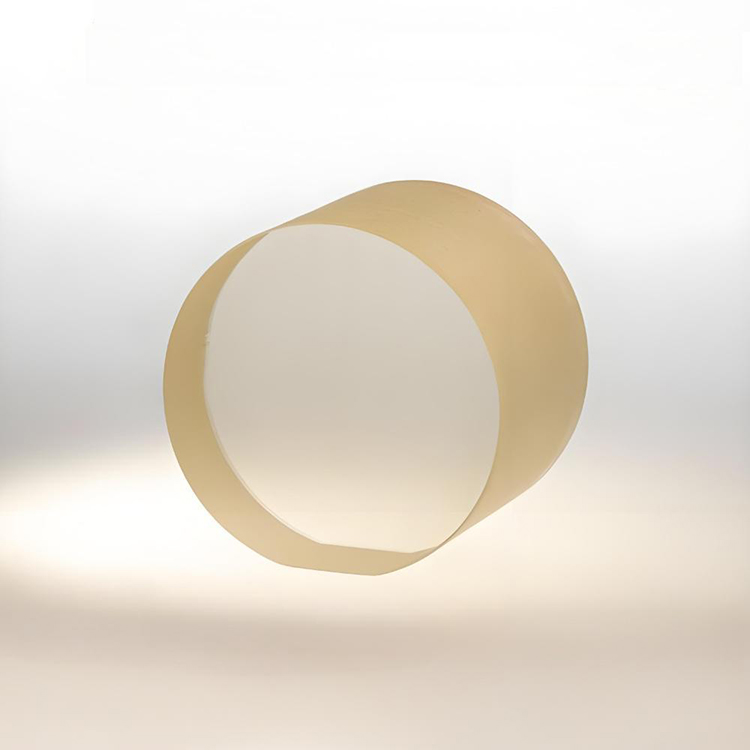
- High Electro-optic Coefficient: Enables efficient light modulation
- Excellent Nonlinear Optical Properties: Ideal for frequency conversion processes
- Wide Transmission Range: Suitable for UV, visible, and infrared applications
- Strong Piezoelectric Response: Essential for SAW and MEMS devices
- Photorefractive Effect: Useful for holography and optical data storage
- Chemical and Thermal Stability: High reliability in demanding environments
- Availability of Stoichiometric and MgO-doped Variants: Reduces photorefractive damage and enhances performance in high-power lasers
- Precise Crystal Growth and Wafer Fabrication: Ensures high uniformity and low defect densities
-
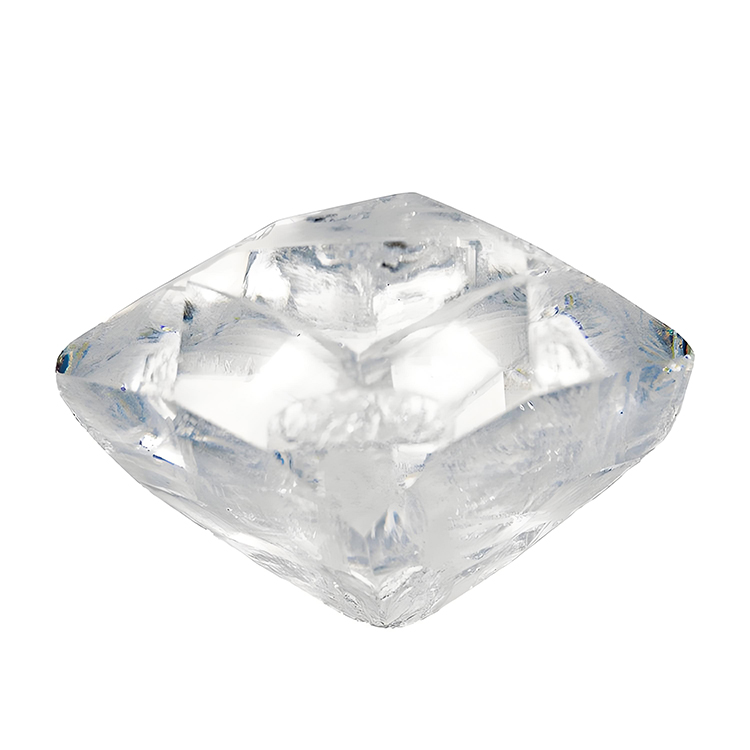
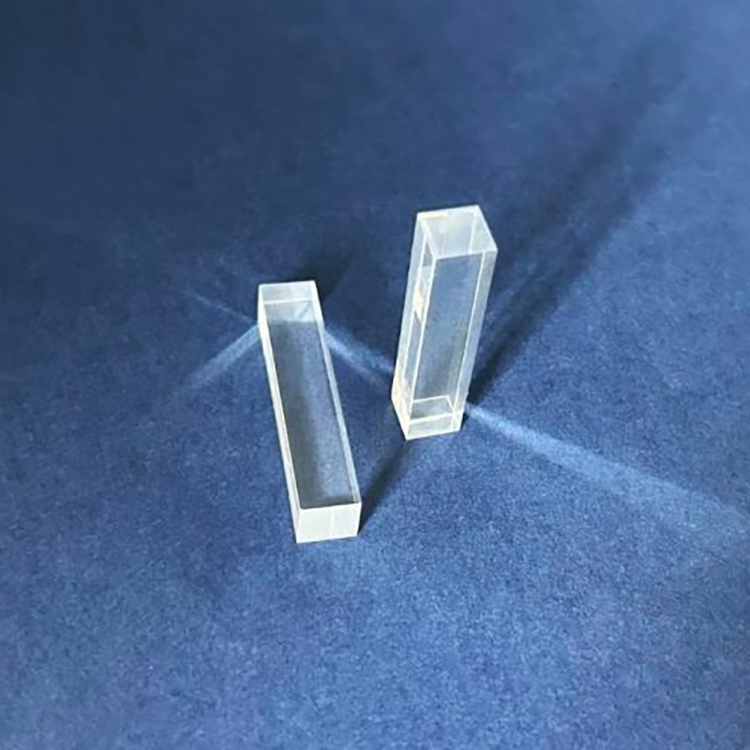
- Wide Transparency Range: 160 nm to 2600 nm
- Broad Phase-Matching Capability: Suitable for SHG, THG, OPO, SFG, DFG across UV to IR
- High Damage Threshold: >2 GW/cm² for 1064 nm, 10 ns pulse
- Low Walk-Off Angle: Ideal for high-beam-quality laser systems
- High Nonlinear Coefficients: Enables efficient frequency conversion
- Excellent Optical Homogeneity: Δn < 10⁻⁶/cm
- Good Mechanical Hardness: Mohs hardness ~6
- Stable Physical and Chemical Properties: Resistant to humidity and environmental degradation
- Nonhygroscopic: No special humidity control required
-
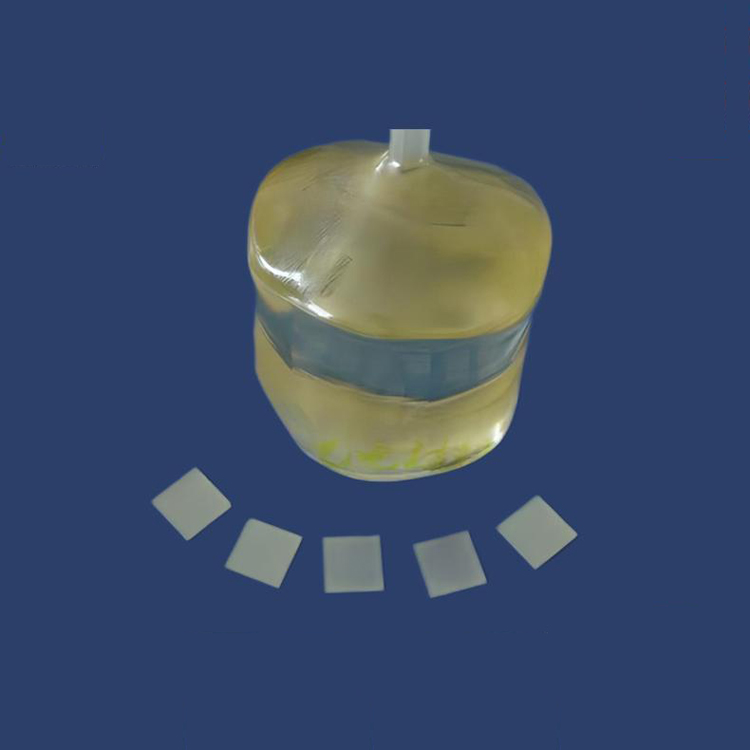
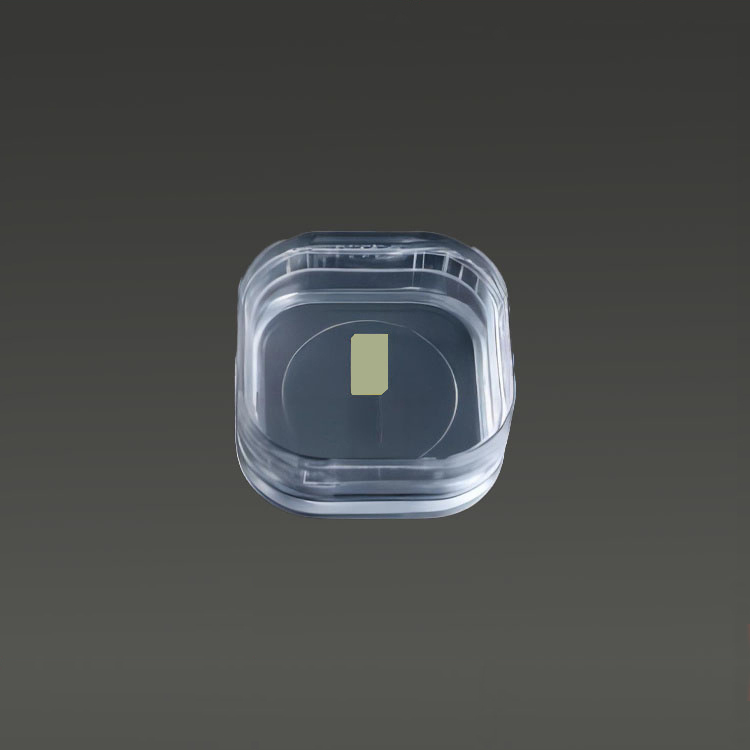
- Excellent Lattice Matching: Ideal match for many perovskite oxides such as YBCO, BST, and PZT
- High Thermal Stability: Maintains structural integrity under high temperatures
- Low Dielectric Loss: Suitable for microwave and dielectric applications
- High Crystallinity: Enables defect-free epitaxial film growth
- Good Mechanical Strength: Durable for various thin-film deposition processes
- Smooth Surface Finish: Atomic-level flatness for epitaxial growth
- High Chemical Stability: Resists degradation during processing
- Wide Application Range: Compatible with superconducting, ferroelectric, and oxide-based systems
-
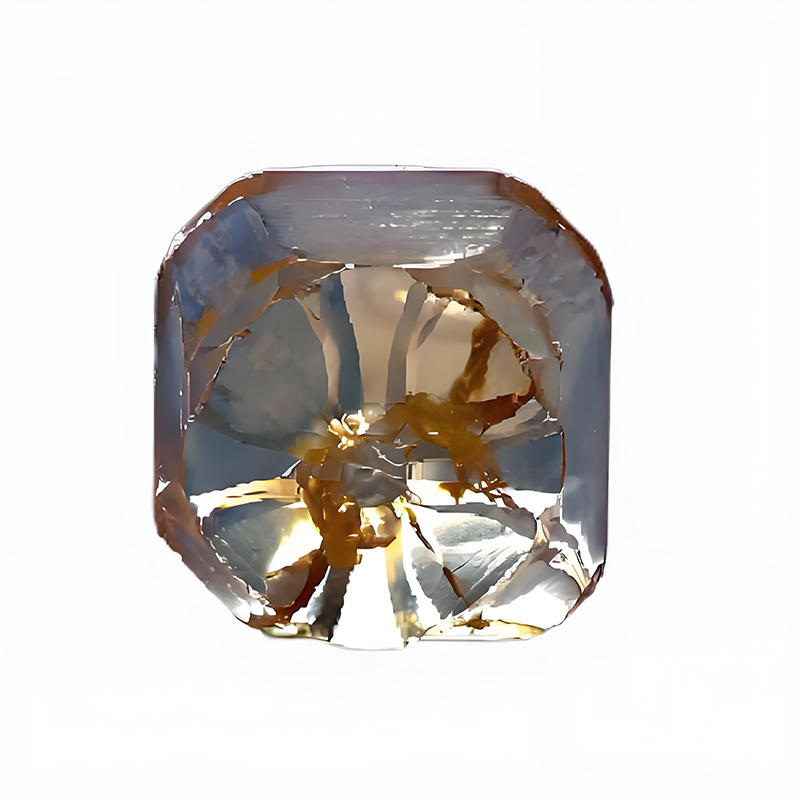
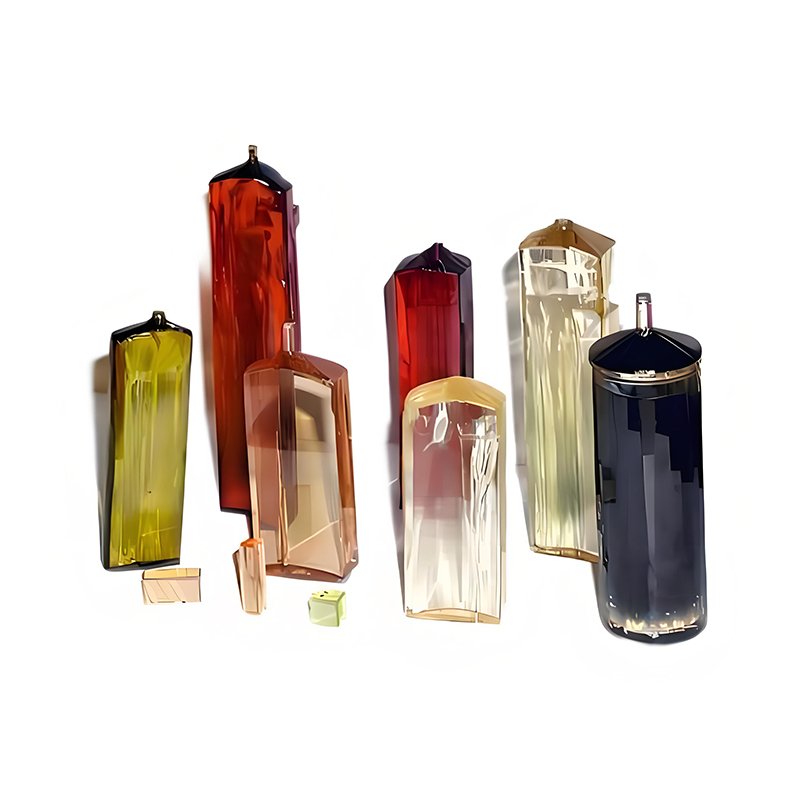
- Exceptional Photorefractive Effect: Superior for dynamic holography and real-time optical data storage.
- High Electro-optic Coefficient: Enabling efficient light modulation.
- Low Optical Damage Threshold: Excellent for high-sensitivity photorefractive applications.
- Piezoelectric and Pyroelectric Properties: Supporting applications in sensors and transducers.
- Nonlinear Optical Response: Suitable for second harmonic generation (SHG) and other nonlinear optical processes.
- Broad Transmission Range: Transparent from visible to near-infrared wavelengths.
-
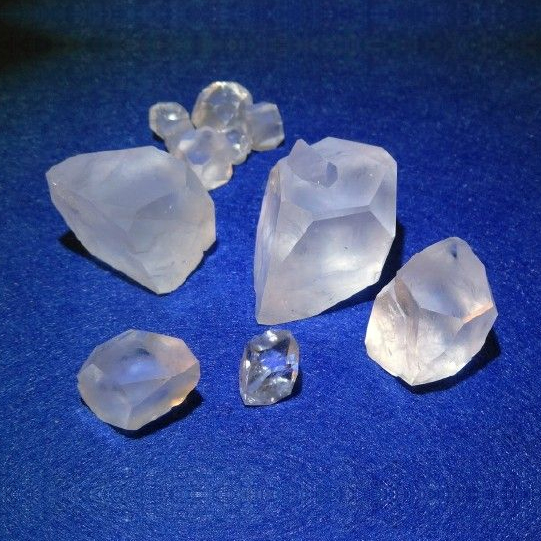
- Wide Transmission Range: 0.25–20 μm (UV–IR region).
- High Optical Homogeneity: Excellent for infrared spectroscopy.
- Low Refractive Index: ~1.5 at 10 μm, minimizing reflection losses.
- Broad Chemical Compatibility: Transparent to most IR wavelengths.
- Machinable and Polishable: Enables precise fabrication for optical systems.
- No Absorption Bands in IR: Ideal for FTIR applications.
- Isotropic Cubic Structure: Easy cleavage along (100) plane.
- Cost-effective Alternative: Compared to ZnSe or KBr for many IR optical uses.
-
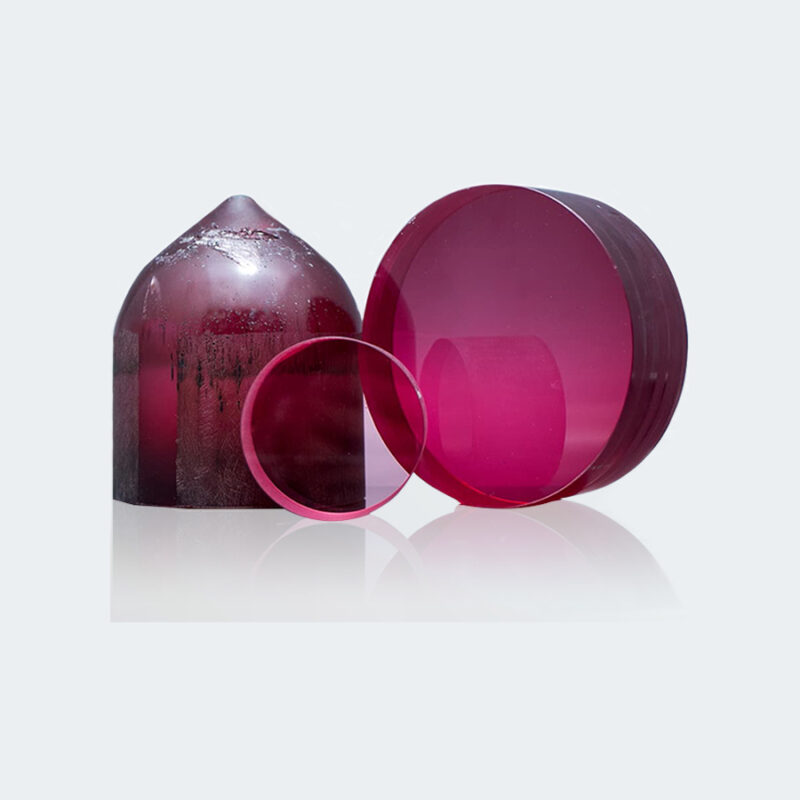
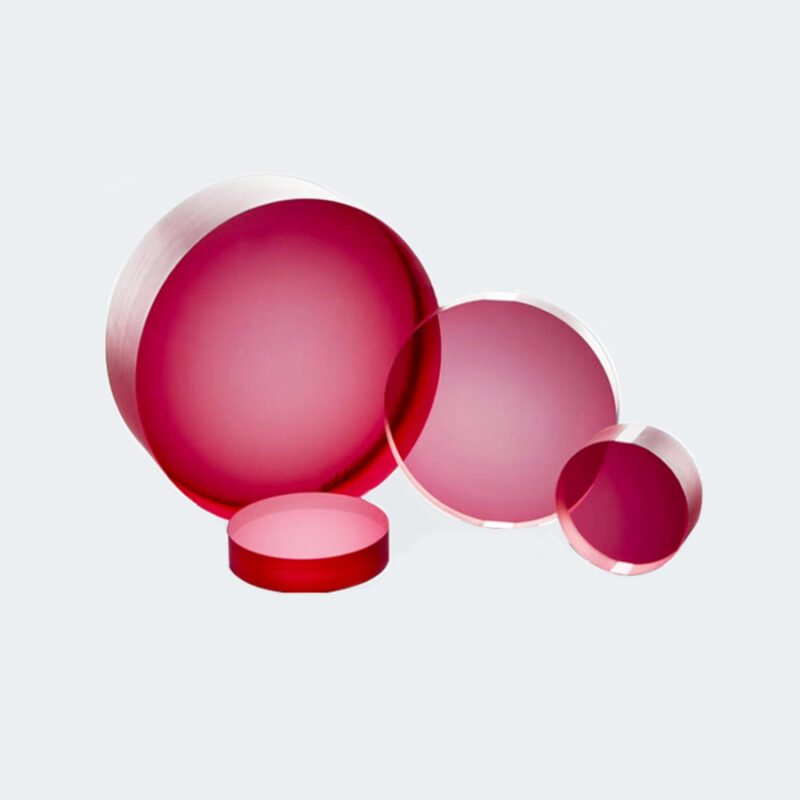
- Broad tunable laser output: 650–1100 nm
- Peak emission wavelength around 800 nm
- Wide absorption band: 400–600 nm (pumpable by 514–532 nm green lasers)
- Extremely broad gain bandwidth – ideal for femtosecond pulses
- High damage threshold and chemical stability
- Excellent thermal conductivity and optical quality
- Supports ultrashort pulse generation (<10 fs)
-
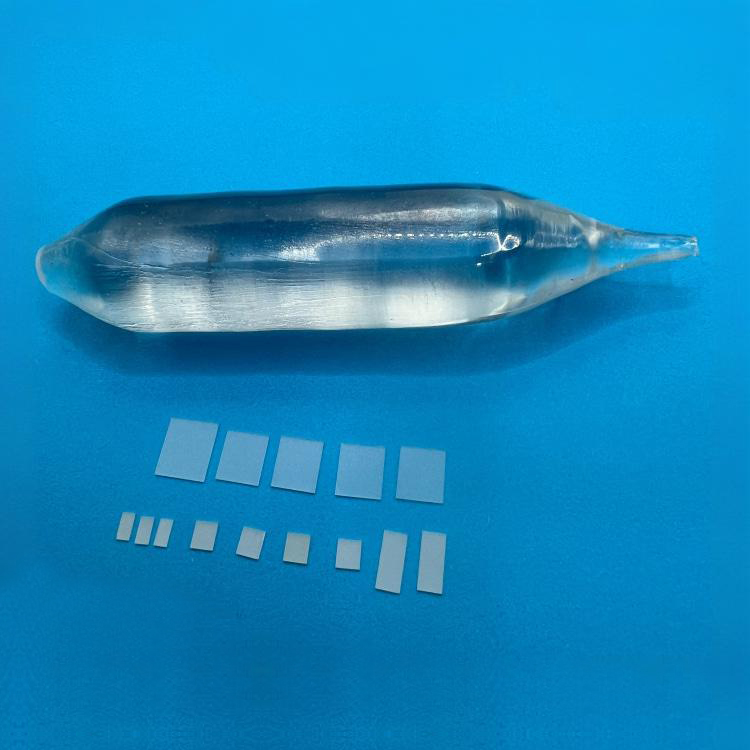
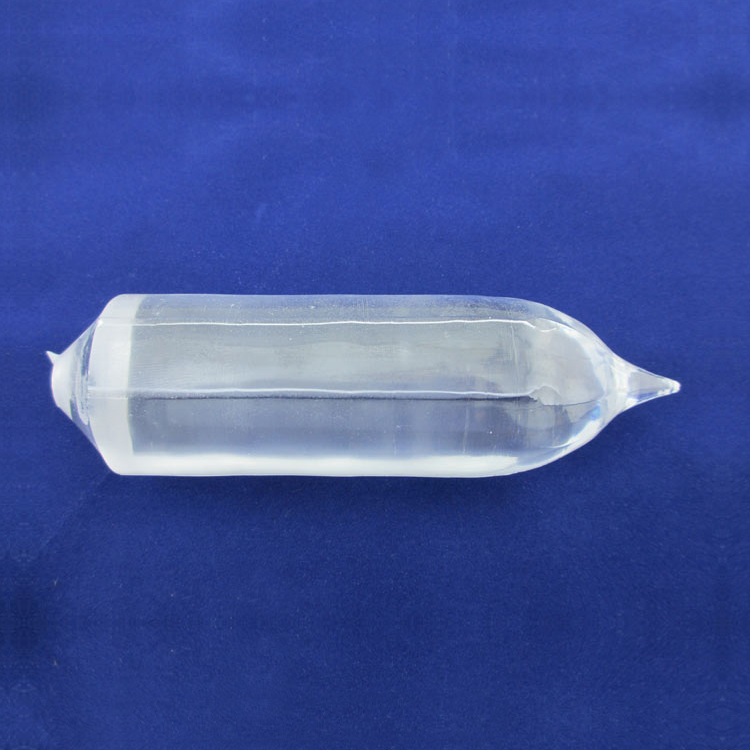
- High Thermal Stability: Suitable for high-temperature environments and laser operations.
- Excellent Mechanical Strength: Durable and resistant to cracking during processing.
- Broad Optical Transparency: Ranging from ~230 nm to 5.5 μm.
- Low Thermal Expansion Coefficient: Reduces thermal stress during device fabrication.
- High Refractive Index: Beneficial for optical and laser device efficiency.
- Good Chemical Resistance: Stable against most acids and alkalis under normal conditions.
- Low Dielectric Loss: Suitable for microwave and RF applications.
- Efficient Host Crystal: Ideal for rare-earth doping for laser crystals (e.g., Nd:YAP lasers).






















